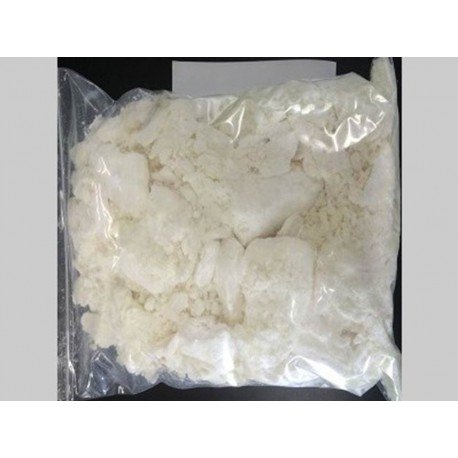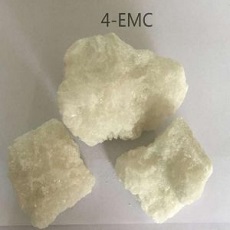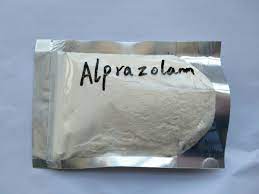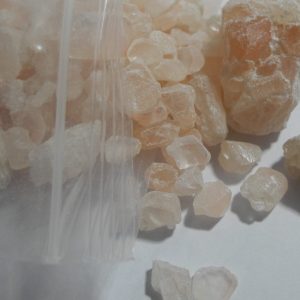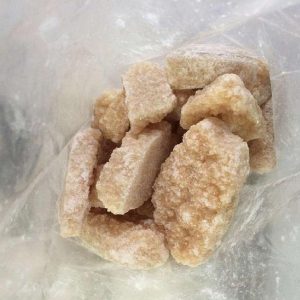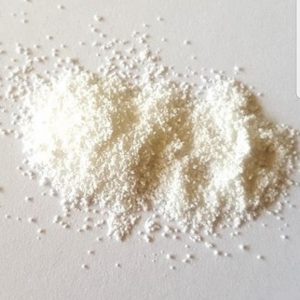Inquire about the purchase of chemical JWH-200
In the naphthoylindole family, AM-678 (1-pentyl-3-(1-naphthoyl)indole) is an analgesic that is a complete agonist at both the CB1 and CB2 cannabinoid receptors, with a slight preference for the CB2 receptor. It is used in synthetic cannabis products sold legally as “incense blends” in some countries because it has effects on animals that are comparable to those of tetrahydrocannabinol (THC), a cannabinoid naturally found in cannabis. Research Chemicals JWH-200
Using Wistar rats that had been given an ethanolic extract containing JWH-200, the metabolic activity of the drug was studied. This was followed by extraction of JWH-200 metabolites from 24-hour urine samples utilizing both liquid and solid phases of separation. The extracted chemicals were separated and identified using GC-MS. The major signal was hydroxylated N-dealkylated metabolites, not JWH-200 or its N-dealkylated metabolite. The observed mass shift suggests that the molecule’s naphthalene and indole hydroxyl groups are likely to undergo hydroxylation. The hydroxylated metabolites were widely conjugated with glucuronide in humans, although the indole ring and pentyl side chain were the primary sites of metabolism.
Research Chemical Usage of JWH-200
The media has reported at least one case of JWH-200 dependence. For eight months, the user drank JWH-018 on a daily basis. In comparison to the effects of cannabis dependency, the symptoms of withdrawal were more severe here. Following treatment, JWH-200 has been demonstrated to generate significant alterations in CB1 receptor density. Less quickly than comparable cannabinoids, it causes tolerance to its effects.

